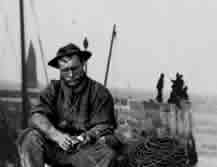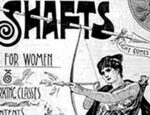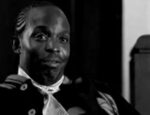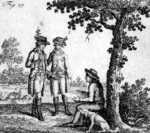Description
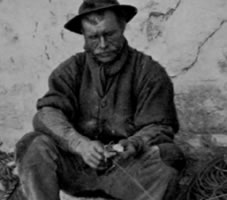 Admire Nicholas the fisherman who refused to pay unfair taxes, likening the oppressive forces in his city—the Dublin Corporation, excisemen, judges and magistrates—to the many heads of the Lernaean hydra. Published in 1784 under the name of ‘An Advocate for Justice’, his treatise is entitled Oppression Unmasked, Being a Narrative of the Proceedings in a Case between a Great Corporation and a Little Fishmonger, Relative to some Customs for Fish, demanded by the former as legal, but refused by the latter, as Exactions and Extortions.
Admire Nicholas the fisherman who refused to pay unfair taxes, likening the oppressive forces in his city—the Dublin Corporation, excisemen, judges and magistrates—to the many heads of the Lernaean hydra. Published in 1784 under the name of ‘An Advocate for Justice’, his treatise is entitled Oppression Unmasked, Being a Narrative of the Proceedings in a Case between a Great Corporation and a Little Fishmonger, Relative to some Customs for Fish, demanded by the former as legal, but refused by the latter, as Exactions and Extortions.
Although the author laments Nicholas’ lack of a ‘liberal education,’ classical signposts enhance the polemic. It opens with an epigram from Virgil’s Aeneid, and closes with the Aesopic fable showing that twig-bundles are unbreakable, the moral of which is ‘Unity is Strength’.
The tale is transplanted from Dublin to UTOPIA. Utopia shares features with ancient Rome and Athens. The fisherman, Nicholas, sells his catches at ‘a fish-market in the metropolis.’ But in Utopia, he becomes subject to ever-increasing tolls payable ‘to the Praetorian Body (answering to the Corporation of the City of Dublin)…appointed by the Praetor’.
Nicholas gets legal counsel, tell the ‘Forum’ that the new tools were illegal, and embarks on a decades-long battle with the authorities. He is imprisoned twice, pays hefty fines, is arraigned before what he calls the Utopian ‘Areopagus’ for non-payment of rent for his fish-stall, later re-arrested, and persecuted by a magistrate ‘attended with a posse of lictors’ who destroys his stall and stock and beats up his attendant near-fatally.
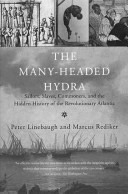 The polemic ends with an appeal for financial help with the imminent legal showdown. Nicholas intends to defend ‘the public against the oppressions and impositions of TYRANNY… Aided by the generous and spirited Hibernians, he may crush that hydra, that would devour the very entrails of mankind’.
The polemic ends with an appeal for financial help with the imminent legal showdown. Nicholas intends to defend ‘the public against the oppressions and impositions of TYRANNY… Aided by the generous and spirited Hibernians, he may crush that hydra, that would devour the very entrails of mankind’.
The allusion to the many-headed hydra of oppressive government is striking. For centuries the image of the endlessly recreated heads of the hydra had been customarily used on the other side in the class war, to characterize lower-class insubordination, as Peter Linebaugh and Marcus Rediker have shown in their excellent book The Many-Headed Hydra: Sailors, Slaves, Commoners and the Hidden History of the Revolutionary Atlantic (2000).

